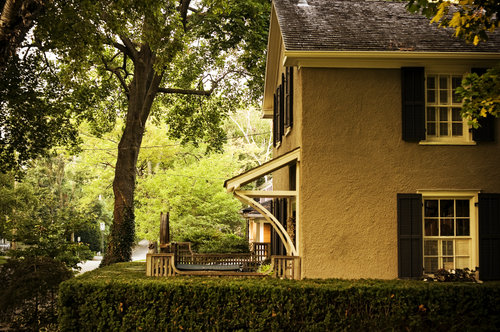
Chicago’s political establishment was roiled in 2017 after a joint investigation by the Chicago Tribune and ProPublica revealed that the Cook County Assessor’s office, then led by Joseph Berrios, had systematically undervalued residential and commercial real estate in certain affluent areas, or for property owners loyal to the city’s political leaders. Likely as a result of the report’s findings, Berrios was ousted from his position as county assessor in the preceding primary elections, ending a decades-long political career.
While homeowner anger over Berrios and his office’s actions led to his downfall, the resulting reforms in the Assessor’s Office are already being seen in higher property tax bills. Crain’s Chicago Business reported as early as May that homeowners in several North Side neighborhoods, like Uptown, Lakeview and Edgewater, were seeing their latest tax assessments soar, in some cases by up to 50 percent. That could prompt a case of “sticker shock” for tens of thousands of Cook County property owners once their next tax bills arrive, as the Tribune put it.
A map of the latest changes in assessed property values under the Cook County Assessor’s Office’s new methodology was compiled by the Tribune using public records data. In general, median assessed values between 2015 and 2018 increased the most in North and West Side neighborhoods that are affluent or gentrifying. The Tribune reported that in some neighborhoods like North Center or Logan Square that have recently seen a surge in popularity, assessed property values grew by as much as 50 percent over the last three years.
Meanwhile, underdeveloped areas, particularly on the South Side, saw median assessment values decline by as much as 50 percent in some cases. As part of the Tribune and ProPublica’s series of articles investigating the county assessor’s former practices, reporters found that blighted communities on the South and West Sides were disproportionately over-assessed by property tax officials.
Despite the implementation of what many believed were much-needed reforms, some of those same proponents now say things have swung too far in the other direction. First Ward Alderman Proco “Joe” Moreno told the Tribune that while he was an early supporter of Berrios’s newly elected replacement, Fritz Kaegi, residents in his ward aren’t pleased with the higher assessments. Even more, Moreno said that he believes the public’s trust in the assessor’s office has been irreparably damaged. Compared to the last assessment period three years ago, public records indicate that the number of assessment appeals filed by property owners has increased by at least 45 percent so far.
While Cook County homeowners may not appreciate higher tax bills, they may have more tools at their disposal to appeal the latest assessments and reduce some of the additional burden. Prior to leaving office, Berrios ordered a complete overhaul of the county’s assessment methodology and made the new protocols publically available. But Kaegi told the Tribune that much work was still to be done in terms of collecting data or accounting for high foreclosure rates in many areas. In addition, these improvements and increased transparency has not extended to assessments of commercial property, which were also found to be inconsistent under Berrios’s leadership through the Tribune’s and ProPublica’s reporting.
“We definitely feel for people who feel shell-shocked by the big changes, and we’re running up against the lack of trust, which is probably well-earned, by most taxpayers over many, many years,” Kaegi told the Tribune. “We have a culture where people have been trained to assume all the numbers are wrong. So I can’t blame them. It’s going to take a long time for us to build trust.”